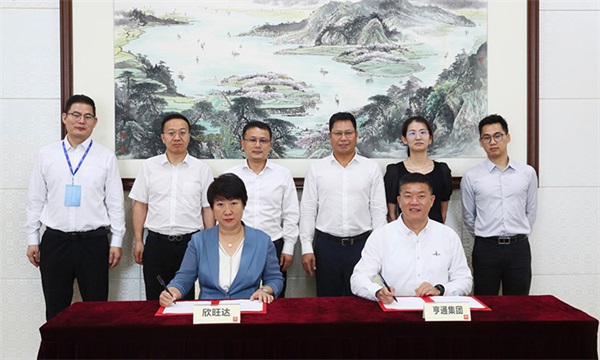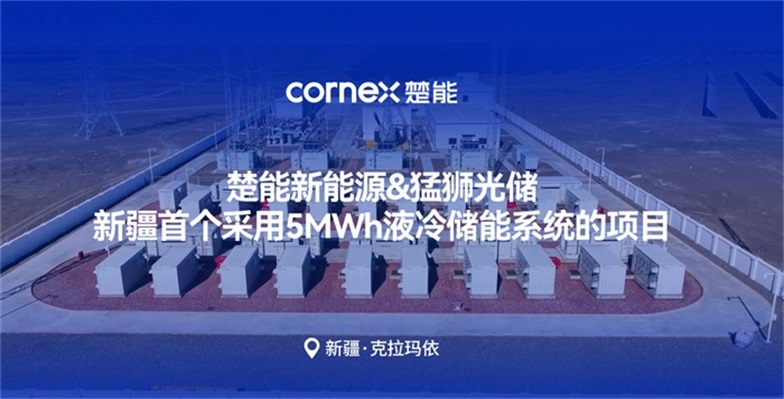The first batch of SAMSUNG SDI solid-state batteries has been delivered
In the wave of innovation in the battery industry, solid-state battery technology undoubtedly stands out as a focal point. As the future star of battery technology, solid-state batteries are highly anticipated due to their superior safety and energy density.
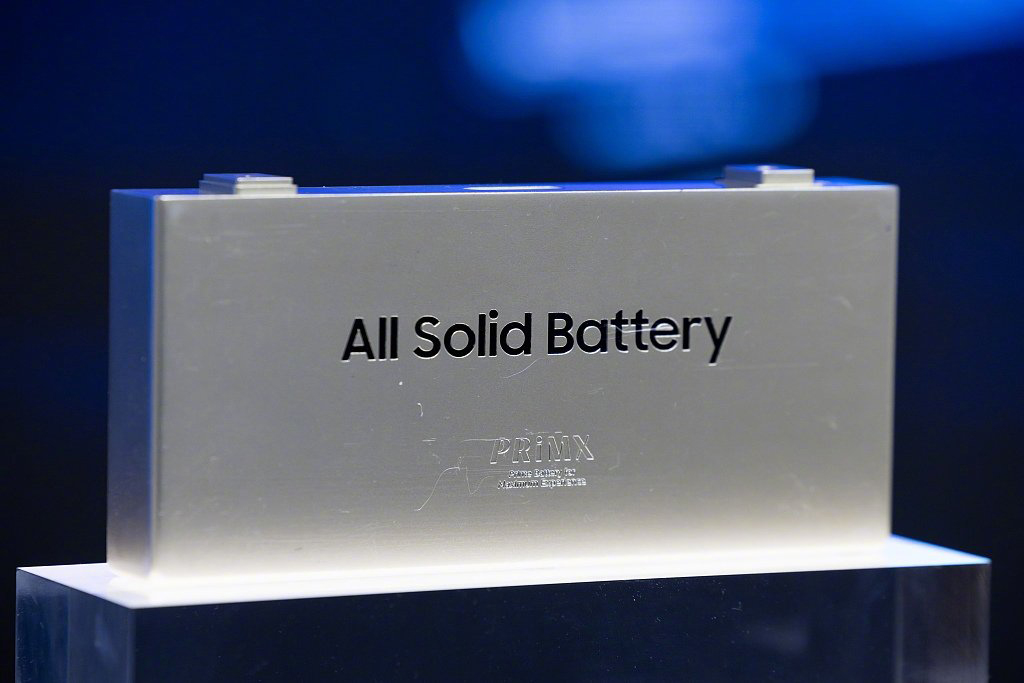
Overview of Solid-State Battery Technology
Compared to traditional liquid lithium-ion batteries, solid-state batteries use solid electrolytes instead of liquid ones. This transition brings several notable advantages:
1. Enhanced Safety
Solid-state batteries eliminate the risks of leakage and thermal runaway associated with liquid electrolytes, significantly reducing the risk of fires and explosions.
2. Increased Energy Density
Solid electrolytes have higher ionic conductivity and a wider operating temperature range, allowing batteries to store more energy in a smaller volume.
3. Extended Lifespan
The structure of solid-state batteries can reduce the degradation of electrode materials, thereby extending the battery's lifespan.
Samsung SDI's Breakthrough
Lithium battery giant Samsung SDI showed off its latest battery technology at the SNE Battery Day show in Seoul, South Korea. Samsung SDI said its first solid-state batteries have been delivered to electric vehicle manufacturers and tested for about six months.This news not only triggered hot discussions in the industry, but also marked a major breakthrough in the commercialization of solid-state battery technology.
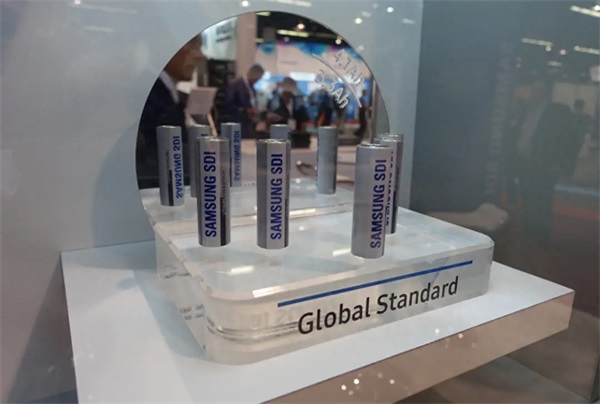
The Samsung SDI vice president said there is strong interest from automakers in solid-state batteries because they are smaller, lighter and safer than current electric vehicle batteries. He also added that solid-state batteries are expensive to produce, so they will initially be mainly used in high-end luxury electric vehicles with a range of more than 600 miles (about 966 kilometers).
It is understood that Samsung SDI has developed Super-Gap solid-state battery technology to increase the energy density by 40% to 900Wh/L. The Super-Gap solid-state battery uses a sulphide solid-state electrolyte and no anode configuration, and the battery life is expected to reach 20 years. In addition, the Samsung SDI also has 9-minute ultra-fast charging technology.These initial solid-state batteries will primarily be used in high-end electric vehicles (EVs) and high-performance electronic products, which have demanding requirements for battery energy density and safety.
1. Expansion of Application Areas
Samsung SDI’s solid-state batteries not only meet current market demands for high-performance batteries but also lay the foundation for future battery technology applications. Particularly in the electric vehicle sector, the high energy density and extended range of solid-state batteries will contribute to the widespread adoption and development of electric vehicles.
2. Technical Challenges and Solutions
The development of solid-state batteries has not been without challenges. Samsung SDI has overcome numerous technical hurdles, including the manufacturing of solid electrolytes, interface stability, and compatibility with electrode materials. By introducing new types of solid electrolyte materials and advanced production processes, the company has successfully addressed these issues and laid a solid foundation for mass production.
3. Future Outlook
The delivery of Samsung SDI's solid-state batteries is just the beginning. Over the next few years, we can expect to see more solid-state battery products enter the market. As the technology continues to mature and production costs decrease, solid-state batteries are likely to find widespread applications across consumer electronics, energy storage systems, and electric transportation.
Industry Impact and Outlook
The delivery of Samsung SDI’s solid-state batteries has far-reaching implications for the entire battery industry. Firstly, it advances the commercialization process of solid-state battery technology, providing valuable experience and confidence for other companies. Secondly, the widespread adoption of solid-state batteries will drive technological innovation in traditional lithium-ion batteries, encouraging overall industry progress.
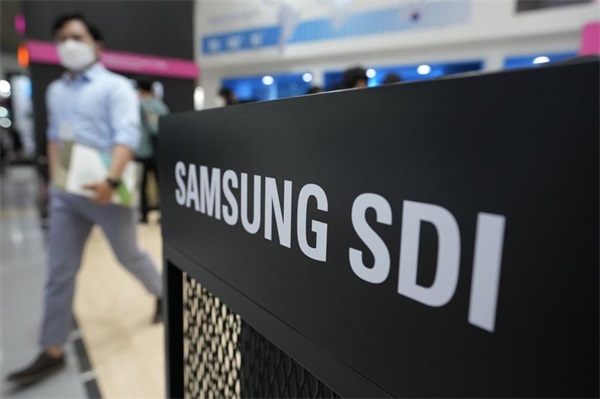
1. Driving Technological Innovation
The success of solid-state batteries not only showcases Samsung SDI’s leading position in battery technology but also signals future trends in technology development. We can anticipate that, with ongoing advancements in solid-state battery technology, other companies will increase their research and development efforts, driving overall improvements in battery technology.
2. Environmental and Sustainability Considerations
The environmental benefits of solid-state batteries are also a key focus for future development. Compared to traditional batteries, solid-state batteries offer a more eco-friendly production and recycling process, helping to reduce environmental impact. In the context of global attention to sustainability, this advantage will be a critical factor driving the growth of the solid-state battery market.
Conclusion
Samsung SDI’s delivery of its first batch of solid-state batteries is undoubtedly a significant milestone in the battery industry. This achievement not only represents a solid step forward in the commercialization of solid-state battery technology but also provides new momentum and direction for the future development of battery technology. With continuous technological advancements and gradual market acceptance, solid-state batteries are poised to lead the battery industry’s new trends in the coming years, contributing significantly to global energy transformation and sustainable development.
